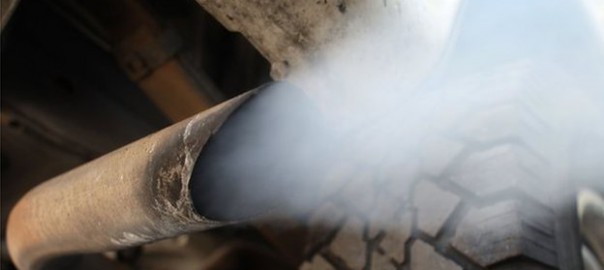Hospitals, health-oriented nonprofits, and other members of the health sector need to divest from fossil fuels because of the risk they pose to human health, according to a new report.
The report, published this week by multiple U.K.-based health care organizations, called on the health sector commit to cutting its investments in the world’s top 200 fossil fuel companies in the next five years. The report compared the choice to divest from fossil fuels to the decision made by many hospitals and health care providers to divest from tobacco companies in the 1990s.
“It is arguably both immoral and inconsistent for the health sector to continue to invest in industries known to harm health, given its clear responsibility to protect health,”
the organizations write of fossil fuel investments in the report.
“Continued investment in these companies runs directly counter to the health sector’s repeated calls for action on climate change.”
The report outlines the impacts continued reliance on fossil fuels have on human health. Changes in temperature and rainfall are already contributing to the spread of some vector-borne diseases, especially those spread by mosquitos, since the insect lays its eggs in standing water, and standing water can increase as humidity and rainfall increases. In the Southwestern U.S., an increase of incidence of valley fever — a disease that’s found in desert soil — has been blamed by some experts on climate change. And climate change’s impact on crops around the world will also likely worsen hunger, which can take a toll on a person’s health.
Then there are the more direct health impacts of fossil fuels. Exposure to air pollution has been tied to myriad health effects, including ADHD, kidney disease, heart attack, stroke, and death. Fossil fuel extraction and production can cause major health problems too: coal miners are at risk of developing deadly black lung disease, and oil and gas wells have been found to emit toxic, cancer-causing chemicals, making living near these wells risky.
“People worldwide are already dying as a result of the health impacts of fossil fuels, but tomorrow’s doctors will have to cope with the full extent of climate change’s health cost,”
Alistair Wardrope, one of the report’s co-authors, told the Guardian.
“We have a responsibility to our future patients to ensure that health organisations are not funding the biggest global health threat of the 21st century.”
Last year, a group of U.K. doctors called on the World Health Organization to declare climate change a public health emergency, saying that it could end up killing more people than ebola. U.K. doctors also wrote in the British Medical Journal last year that doctors should push their hospitals and universities to divest from fossil fuels.
“Those who profess to care for the health of people perhaps have the greatest responsibility to act,” the doctors wrote.
The British Medical Association — which publishes the British Medical Journal — divested from fossil fuels last year.
Health care organizations in the U.S. have also called for fossil fuel divestment. One of them, Health Care Without Harm, has also compared divesting from fossil fuels to divesting from tobacco, and has said it’s a a way for hospitals and other health care providers to stand up for health and wellness.
So far, according to 350.org, 24 universities and university systems around the world have pledged to divest from fossil fuels, along with multiple other cities, foundations, and organizations.
Source: Climate Progress
